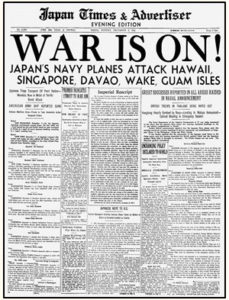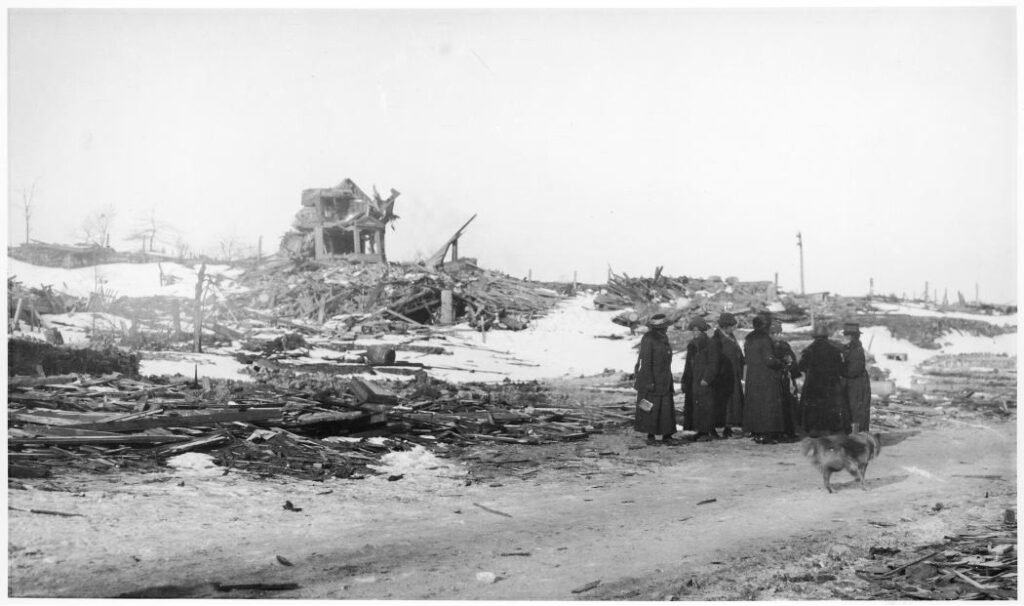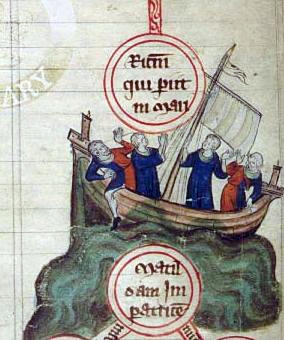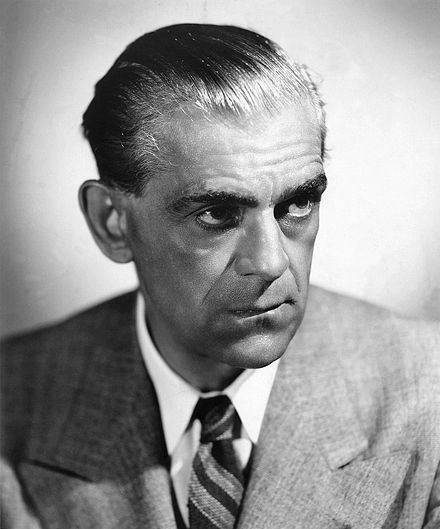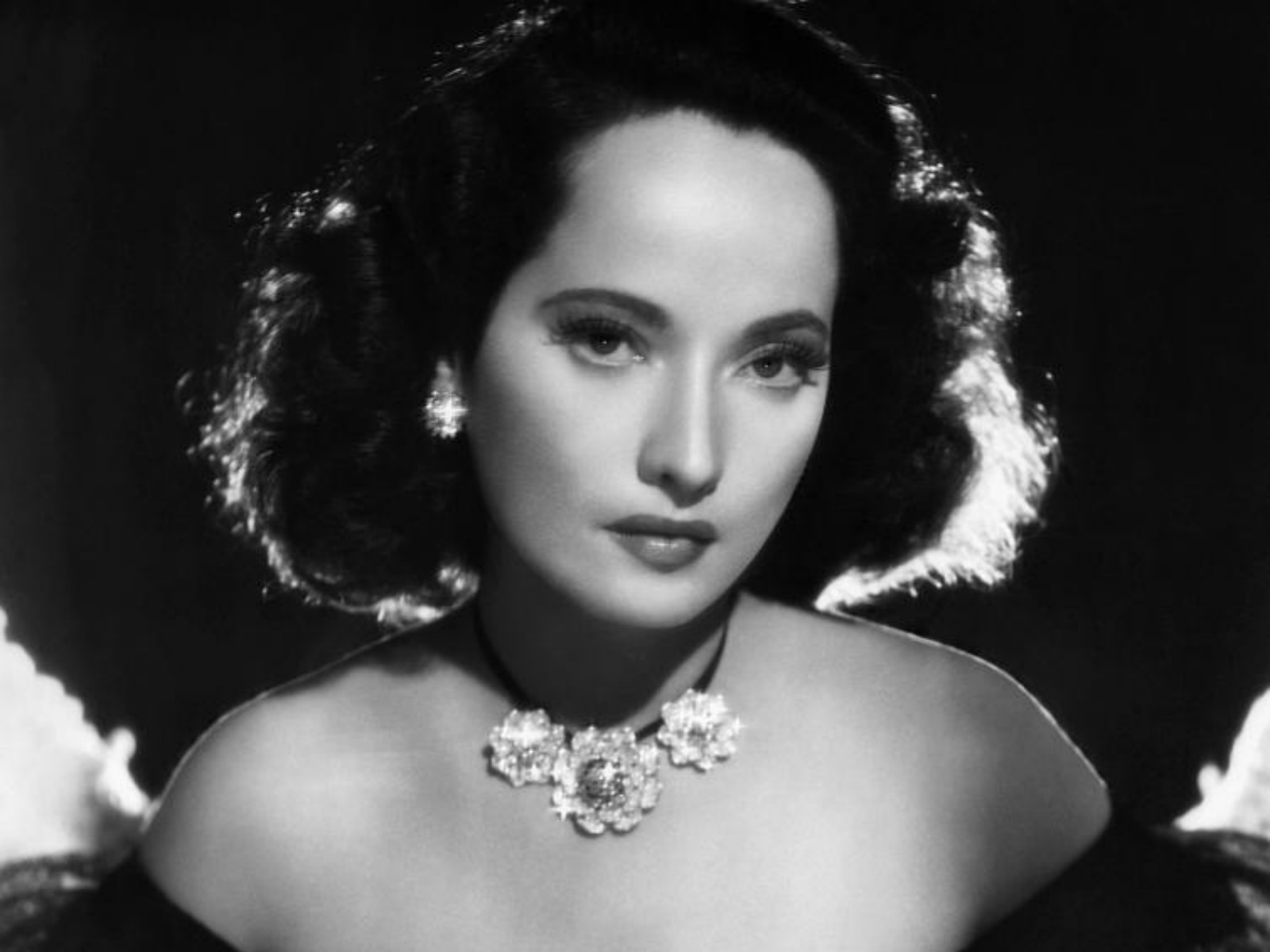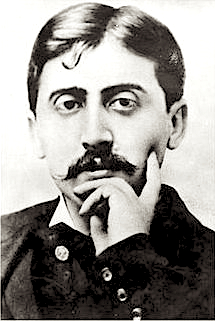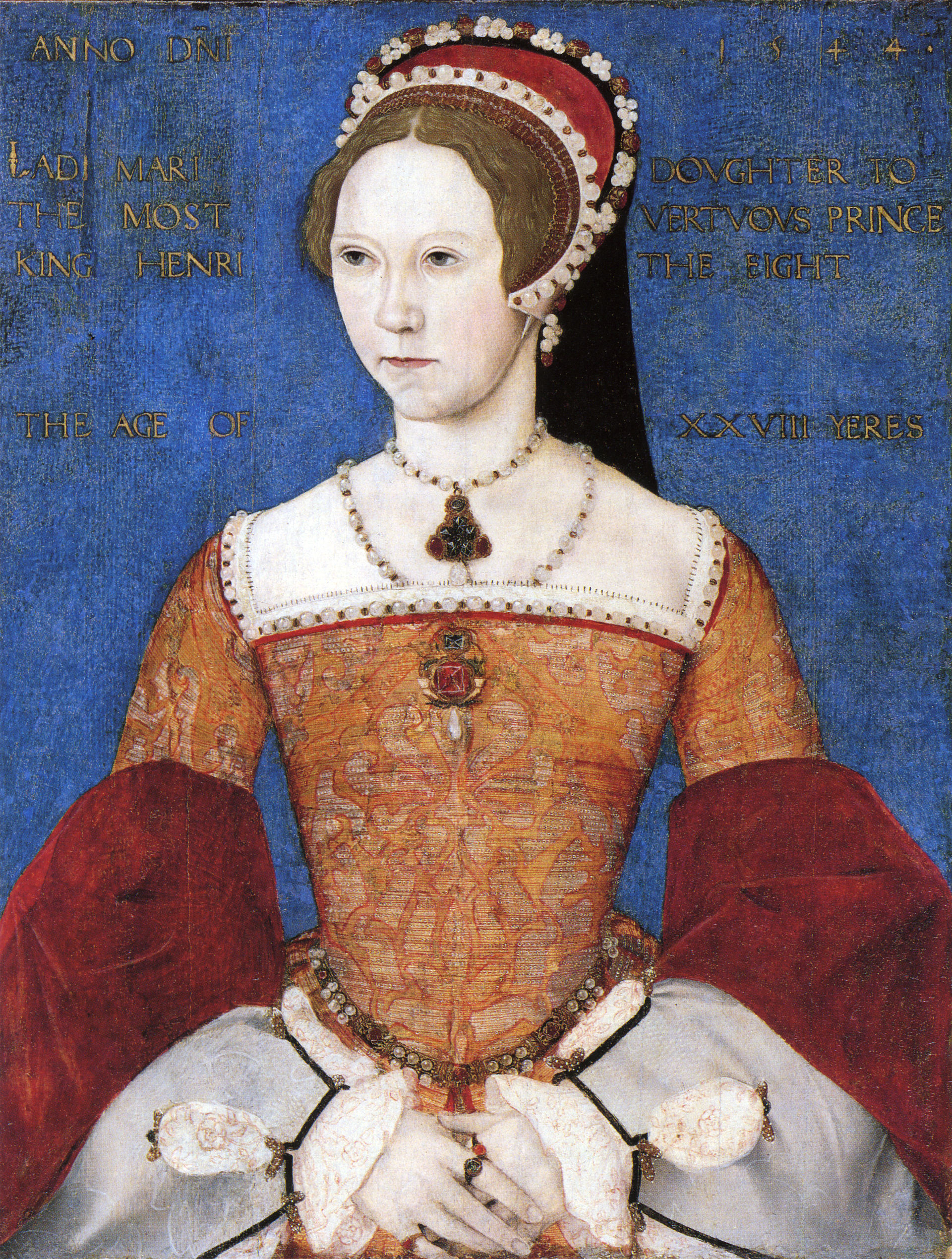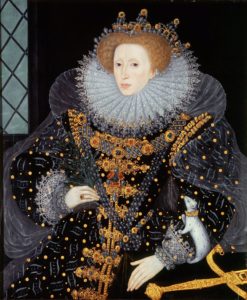1956 Trans-Canada Airlines flight 810 crashes
Before there was Air Canada there was TCA, Trans-Canada Airlines. On this date in 1956 a TCA Canadair North Star (a four-engine propeller-driven craft) from Vancouver to Calgary ploughed into “the Fang”, a peak of Mount Slesse near Chilliwack, B.C. Shortly after takeoff the crew reported a fire in one engine and turned back toward Vancouver but the flight path they chose drove them into the mountain where all 62 people aboard died. Investigators blamed a faulty engine and ice on the wings.
The flight is still remembered as the one that took the lives of a number of CFL football stars returning from the East-West All-Star Game. Lost were Saskatchewan Roughrider stalwarts Mel Becket, Mario DeMarco, Ray Syrnyk and Gordon Sturtridge, and Winnipeg Blue Bomber Calvin Jones, the first black player to win the Outland Trophy as the top lineman in U.S. college football and who was the first African American on the cover of Sports Illustrated.
Scheduled to be on that flight, but missing it for various reasons, were defensive back and later Winnipeg (and even later Minnesota Viking) coach Bud Grant, and Edmonton Eskimo stars Jackie “Spaghetti Legs” Parker and Normie “the China Clipper” Kwong, later the lieutenant-governor of Alberta.
Today the Roughriders honour their lost with flags bearing their numbers above their Regina stadium. The families of Mel Becket and Mario DeMarco donated a commemorative trophy to recognize the Most Outstanding Offensive Lineman in the West.


